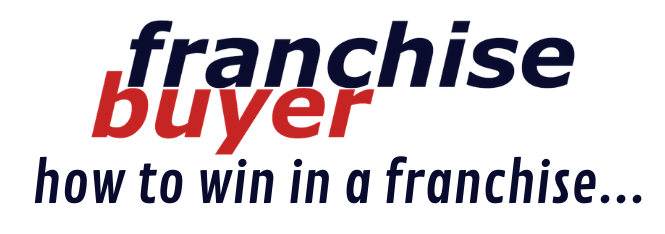March 04, 2021
Does ‘Return on Investment’ still apply when buying a franchise?

Return on Investment (ROI) is the return you get on your investment.
This means, if you invest $100,000 and get a return of $10,000, you’ve made a 10% return on your investment. It’s a useful concept and allows investors to compare investment alternatives.
But does this concept also apply to franchising?
Yes, it can, but there are a couple of broad key issues to consider.
1. Does the ‘Return’ include wages to the owner?
In my view, no. The ROI calculation should be after a ‘normalised’ wage is factored in.
For instance, If I spend $160,000 on a franchise, and pay myself $60,000 but still make a profit of $16,000 that’s a 10% return on investment, excluding my drawings.
This at least allows a potential buyer the opportunity to compare the ROI against other businesses.
But a franchise gets a bit more complicated.
2. Term
A franchise agreement is for a limited time. It’s called the ‘Term’ of the agreement. When the Term is up, the franchise ends, it’s all over.
This is unlike a bank, where you can withdraw your money. Or shares, which you can sell. Or an independent business which you can run as long as you want.
Put simply, when evaluating a franchise, it means you need to get your investment back during the ‘Term’.
















